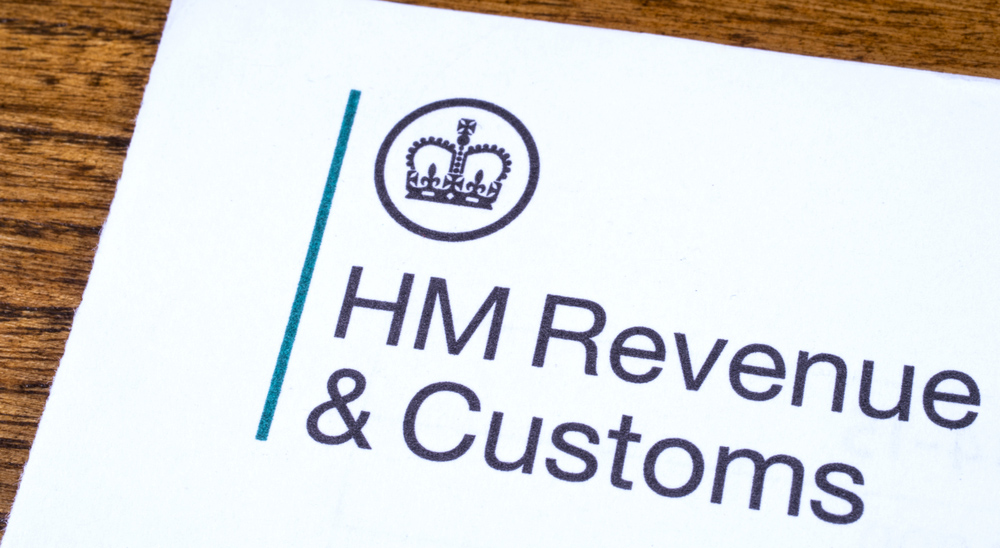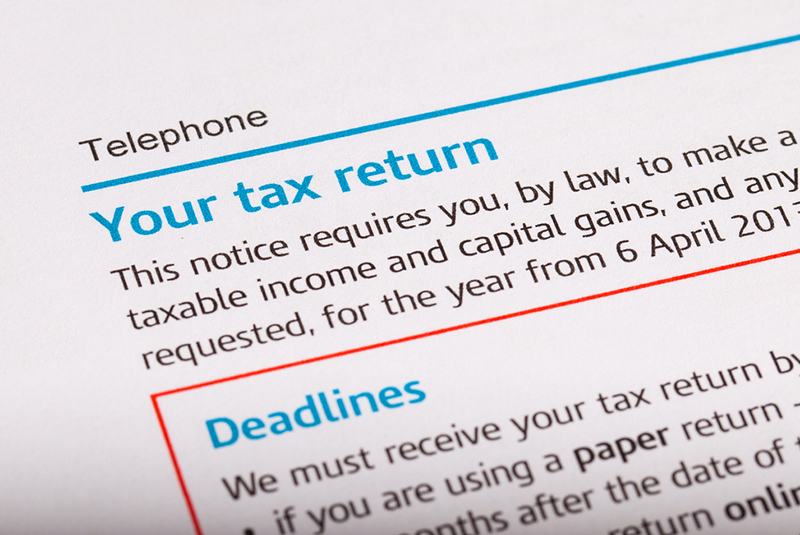RTI late filing penalties delayed for small and “micro” employers
Thu 25 Sep 2014
On 26 August 2014, HMRC issued guidance on the implications of not reporting payroll information on time. Penalties for late in-year real time information (RTI) PAYE returns were due to commence from 6 October 2014. However, HMRC has subsequently announced that the start date of penalties for small employers will now be deferred until 6 March 2015. HMRC’s guidance has now been updated to reflect this change.
This is obviously good news for small employers, who now have more time to adjust to reporting under RTI without being penalised for late filing. Small employers are those with less than 50 employees on 6 October 2014. Thus, if an employer with 49 employees on 6 October takes on further employees after 6 October 2014, they will still qualify for the deferral.
Penalties where full payment submissions (or employment payment summaries where no payments are made to employees in a tax month) are filed late, will operate on a quarterly basis. No penalty is charged for the first failure to report on time in a tax year. Thereafter, the size of penalty depends on the number of employees, as follows (per each PAYE scheme):
Number of employees | Monthly penalty |
| 1 to 9 | £100 |
| 10 to 49 | £200 |
| 50 to 249 | £300 |
| 250 or more | £400 |
If the return is over three months late, an additional penalty of up to 5% of the tax and NIC that should have been reported can be charged. Penalties will not be charged where reasonable care has been taken, and penalties can be mitigated by making an unprompted disclosure to HMRC.
Note that these late filing penalties are separate from the penalties for failing to pay the PAYE and National Insurance over on time. For more details on that see HMRC’s guidance.
Temporary relaxation for micro-employers
Until 5 April 2016 existing micro-employers (1-9 employees and already an employer on 5 April 2014) will be permitted to report at any time up to the end of the month without penalty rather than on or before the date of payment. Then they must fall in line with all other employers. There is no relaxation for new micro-employers.
Domestic difficulties
The change to RTI has introduced new complications for people who employ personal and household staff. The simplified payroll scheme was abolished with effect from 6 April 2014 which means that individuals who employ a nanny for example are now treated alike with commercial enterprises and are subject to the same RTI rules including penalties for late payment, although most households will at least qualify as micro-employers. (See HMRC’s guidance page: “Tax and National Insurance when employing people in your home”).







Comments